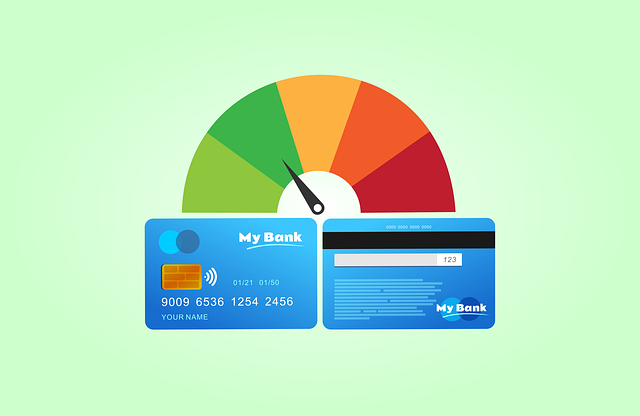In South Africa, AI is transforming Credit Repair Services by leveraging data analysis for personalized profiles and automation of tasks like identifying errors and predicting repayments. While AI promises efficiency and accessibility, challenges include data privacy, algorithmic bias, and the need for human oversight to ensure fairness. The 24/7 availability of AI chatbots streamlines processes, but raises concerns about privacy, security, and the lack of empathy, which could hinder tailored support for some users.
In South Africa, where access to financial services is a complex issue, AI-driven credit repair has emerged as both a potential solution and a contentious topic. This article delves into “AI Credit Repair: Pros and Cons for South Africans,” exploring how artificial intelligence applications in credit repair services can improve financial inclusivity while also raising concerns about data privacy, bias, and the digital divide. We analyze the benefits and drawbacks to provide a balanced perspective on this innovative but controversial approach.
- Understanding AI Credit Repair in South Africa
- Pros and Cons of Utilizing AI for Credit Repair Services
Understanding AI Credit Repair in South Africa

In South Africa, AI Credit Repair has emerged as a novel approach to enhancing financial health and managing credit scores. This technology leverages artificial intelligence algorithms to analyse complex data patterns and offer tailored solutions for individuals seeking to improve their credit profiles. By automating tasks such as identifying errors in credit reports, predicting loan repayments, and personalising financial advice, AI Credit Repair Services aim to streamline the traditional credit repair process, making it more efficient and accessible.
For South Africans, AI-driven credit repair offers both promises and potential challenges. On one hand, these services can help rectify inaccuracies on credit reports, dispute debt errors, and provide valuable insights into financial management. This can be particularly beneficial for those navigating the complexities of personal finance or recovering from economic setbacks. However, concerns around data privacy, algorithmic bias, and the lack of human oversight in AI decision-making processes must be carefully considered before embracing this technology.
Pros and Cons of Utilizing AI for Credit Repair Services

The integration of Artificial Intelligence (AI) into credit repair services presents a double-edged sword for South Africans. On one hand, AI offers numerous advantages in streamlining the credit repair process. It can analyze vast amounts of data to identify errors, patterns, and potential fraud more efficiently than traditional methods. This enables faster decision-making, accurate assessments, and tailored solutions for individuals seeking to improve their credit scores. AI chatbots also provide 24/7 accessibility, offering instant support and guidance to users, which is particularly beneficial in a country like South Africa where access to financial services may be limited due to geographical or economic factors.
However, there are potential drawbacks to consider. Privacy and data security concerns are paramount when employing AI technologies, as they often require sensitive personal information for training and processing. Furthermore, while AI can automate tasks, it might not always understand the nuanced context of individual financial situations, leading to potential errors or oversimplification. The lack of human empathy and personalized service could be a con for those seeking more supportive and understanding assistance in repairing their credit.







